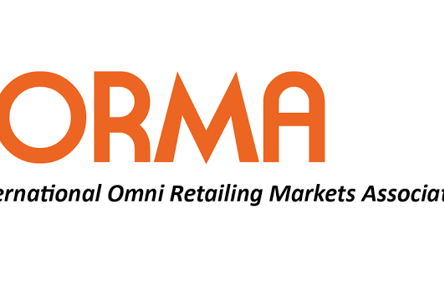Earlier in the year, a select group of 7 Best-of-British luxury top-tier retailers were invited to attend the inaugural International Omni Retailing Markets Association (IORMA) round table event, held in London, to discuss the logistical challenges that come with offering a global e commerce returns process.
Accompanied by representatives from SEKO Logistics and members of the IORMA advisory board, the evening gave retailers the opportunity to discuss the difficulties that come with managing returns in today’s omni-channel world, and the logistical and strategic solutions that can help deliver a seamless service experience at a low cost.
Under the Chatham House rules, the identities of all retailers in attendance are required to be kept anonymous, but the business challenges discussed by the group can be published.
The key challenges
- Understanding what global customers want from a returns process
Global consumers will naturally have different expectations to UK customers, and the challenge for retailers’ lies in understanding exactly how to best serve these new customers during the returns process. Several of the retailers present discussed the difficulties encountered when trying to match customer expectations across regions, whilst almost every retailer present agreed that paid-for returns have become a higher priority in order to keep up with competitor offerings.
- Improving the speed & ease of the returns
With large expanses of ground to be covered, a returns process that isn’t optimised can quickly become extremely complex without providing any real benefits. Retailers spoke of their own experiences in setting up local consolidation centres to collate and store returns from one region before collectively sending back to the UK, reducing unnecessary shipping costs.
New logistical processes used to speed up global returns were also discussed, including creating infrastructure on the ground across larger continents like Asia to ensure any returns make it back into stock inventory as quickly as possible.
- Accommodating cultural buying habits
As well as language barriers, global returns also encounter cultural barriers. Several of the luxury fashion retailers in attendance were quick to comment on the challenges of returns when accommodating Middle Eastern and German buying habits in particular, where customers regularly purchase items in multiple sizes to try on in the comfort of their home, before sending back those that do not fit. The industry standard in new markets also needs careful consideration, especially if free returns are the norm.
- Removing the risk of error
Retailers shared the small steps that can be implemented on international and regional ecommerce sites to try and reduce the percentage of returns that originate from sizing errors or miscommunication. This included creating individual returns policies for each region, highlighting the key information a customer from this market would be keen to find out, as well as ensuring sizes are given in the correct regional measurements and that size charts are included on each product page.
- Accounting for tax and duty costs
A vital part of keeping returns costs low comes from careful monitoring of tax and duty for each region. The retailers in attendance agreed that this became particularly problematic when bulk shipping returns stock back to the UK. Without clarifying the reason for shipments in advance, retailers can be required to provide accurate documentation for each and every item that is to be returned, which can severely hold-up the process for both the brand and for the customer.
A valuable learning experience
The round table discussions ultimately centred on the need for effective solutions that will work across borders to make it easier and quicker for UK retailers to complete the returns process, particularly in emerging luxury goods markets.
Speaking on the success of the event, Barbara Walker, Director of IORMA, commented “We witnessed a great level of sharing throughout the evening, with guests keen to discuss how solutions can be made to work across borders, as well as the different legislation and procedures, and cultures”.
Both SEKO Logistics and IORMA would like to thank the participating retailers for their valuable contributions, and look forward to hosting another joint round table in the future. Since the round table SEKO have launched the International Shipping Guide to help consider and overcome some of the challenges faced by retailers looking to trade internationally.
Find out more about SEKO’s omni-channel logistics solutions here.





